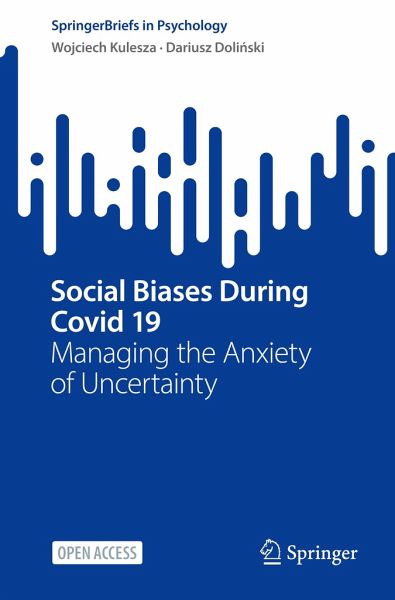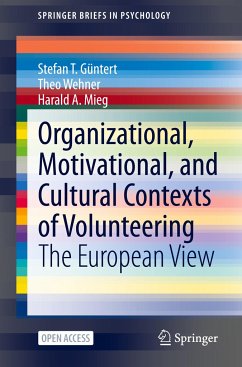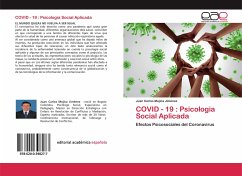
Social Biases During Covid 19
Managing the Anxiety of Uncertainty
Versandkostenfrei!
Versandfertig in 6-10 Tagen
38,99 €
inkl. MwSt.

PAYBACK Punkte
19 °P sammeln!
This open acess book focuses on a critical aspect of pandemic behavior, which is how important information is communicated. It examines how the press and other entities may bias the dissemination of this information, and what may be done to counteract this tendency. Covering theory and research in this area, the book applies these to practical considerations that may be utilized in times of health crisis. It lays the groundwork for understanding how irrationality becomes a factor. It explores the positive and negative aspects of illusion creating and provides tools for moving more quickly to r...
This open acess book focuses on a critical aspect of pandemic behavior, which is how important information is communicated. It examines how the press and other entities may bias the dissemination of this information, and what may be done to counteract this tendency. Covering theory and research in this area, the book applies these to practical considerations that may be utilized in times of health crisis. It lays the groundwork for understanding how irrationality becomes a factor. It explores the positive and negative aspects of illusion creating and provides tools for moving more quickly to resolution.














